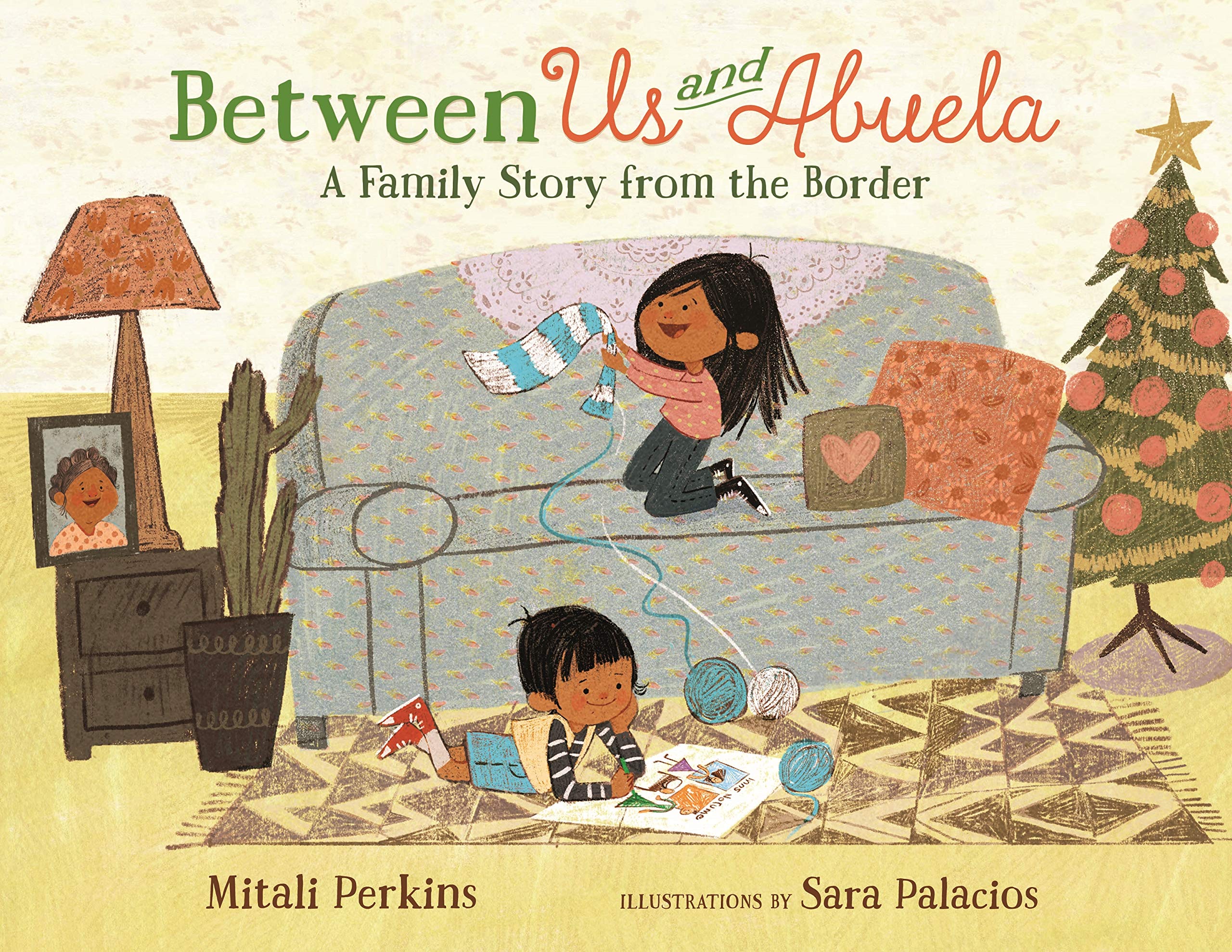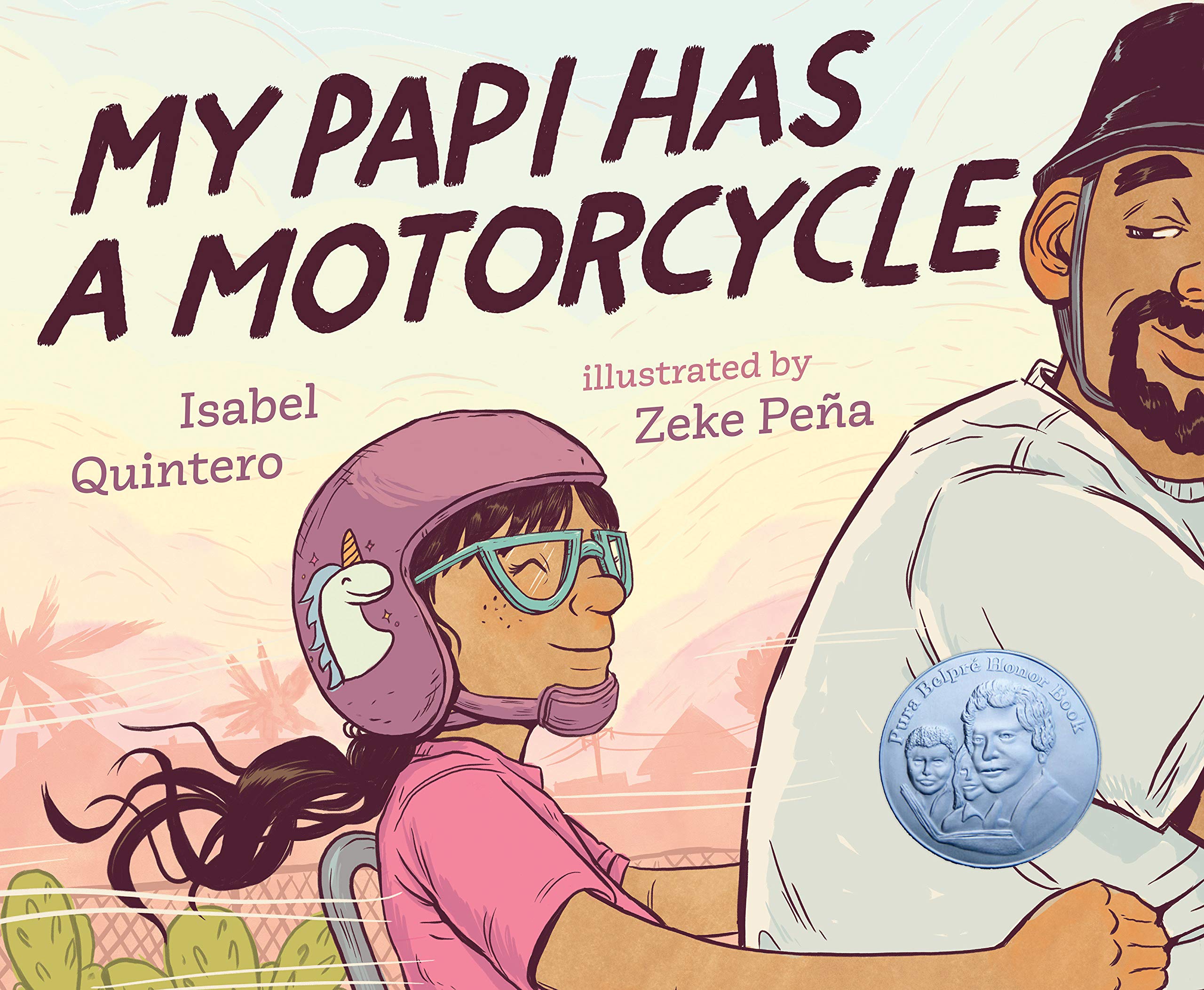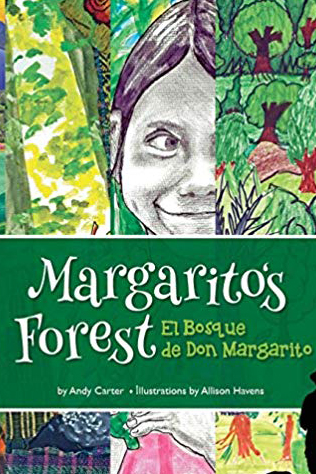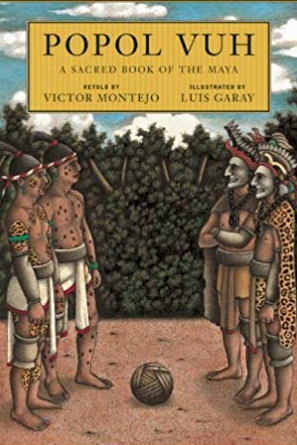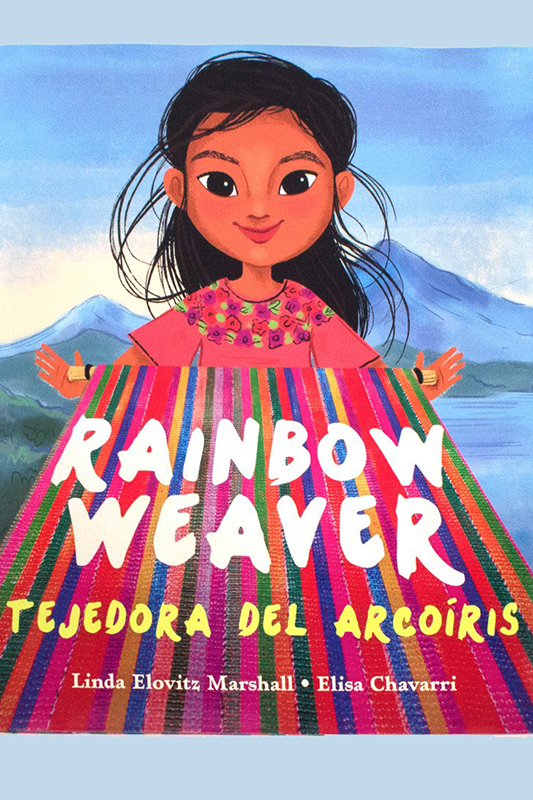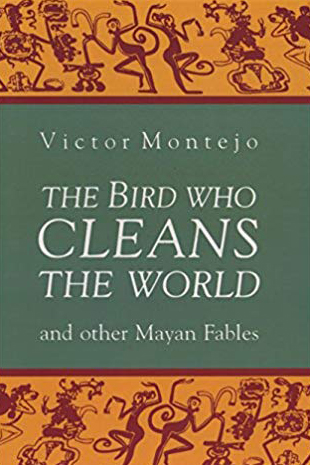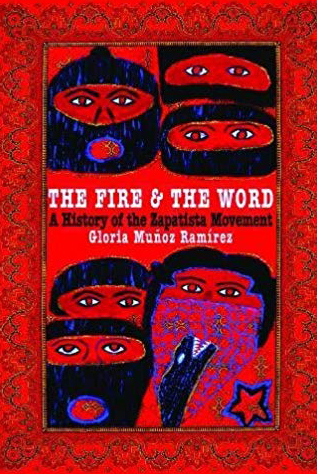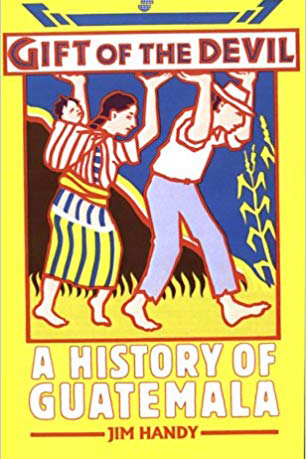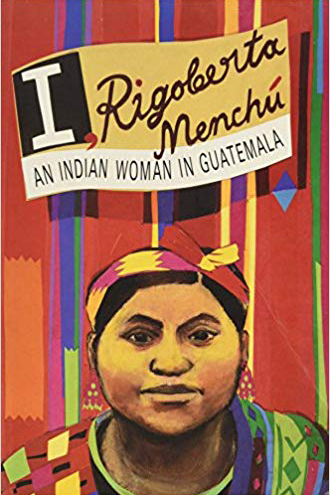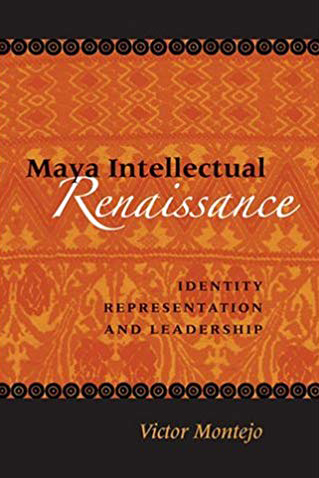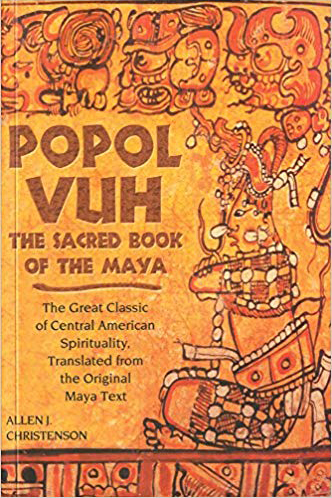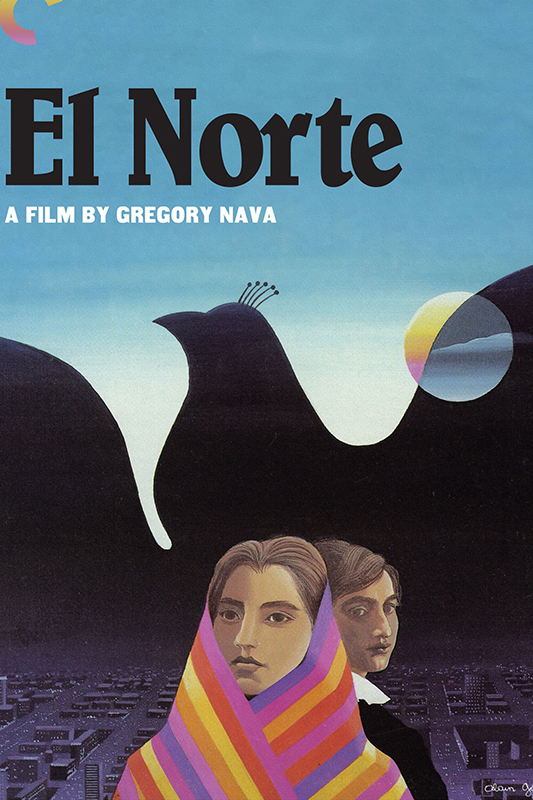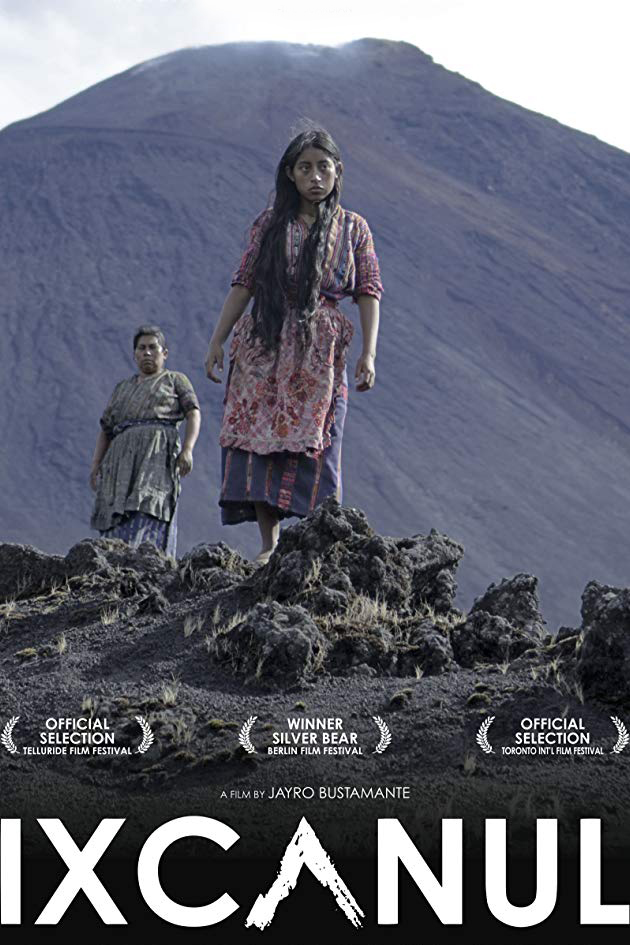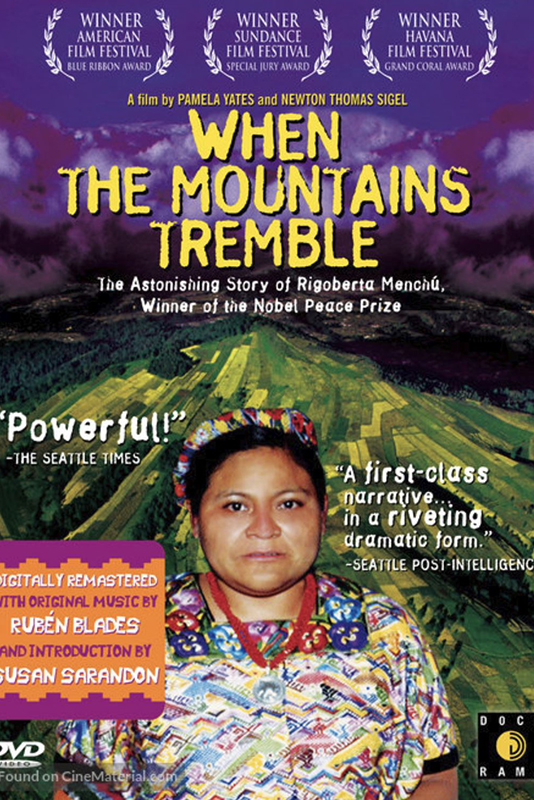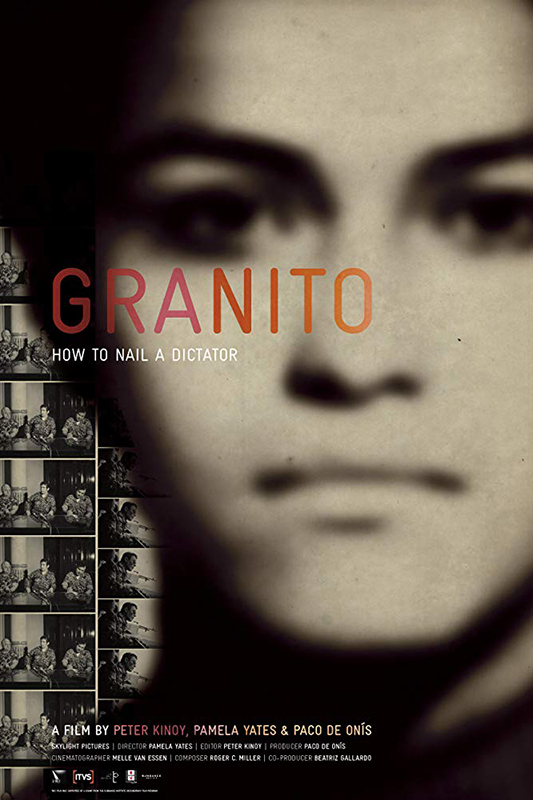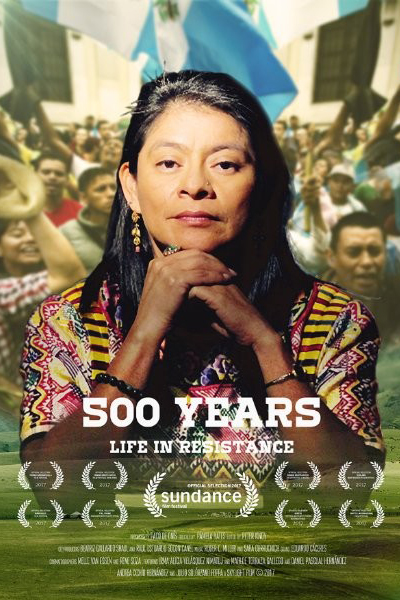K-16 Outreach
About K-16 Outreach
The Center for Latin American Studies (CLAS) promotes interest in and knowledge of Latin America through public events, K12 outreach, and professional learning opportunities for teachers. We also partner with Salt Lake Community College and community organizations such as Artes de Mexico en Utah. CLAS supports the instruction of less commonly taught languages spoken in Latin America as well as the development of language courses across disciplines (CLAC). We collaborate with diverse entities to strengthen a K-career pipeline for language and area studies education that will produce fully bilingual or multilingual college graduates prepared to use their language and cultural skills in professional settings.
The Center for Latin American Studies is in a unique position to promote language study as Utah leads the nation in K12 dual immersion, currently offered in Spanish, Portuguese, French, German and Chinese. Gathered here are resources for educators, students and the general public. If you have any questions or would like to speak about collaborating with the office please send a message to: l.marzulli@utah.edu.
K-16 Outreach Resources
The resources included here include a slide show (pdf and ppt) that provides context for the title and info on the author and illustrator as well as an interactive classroom activities document (pdf) that includes guided reading questions, reflection questions and classroom applications connected to the themes addressed in the title.
If you are interested in a professional development session regarding this title or a consultation with the K-16 outreach coordinator please write to l.marzulli@utah.edu Also please get in touch with feedback on these resources, we’d love to hear about how useful they are or suggestions for improvement.
Between Us and Abuela
Between Us and Abuela by Mitali Perkins and illustrated by Sara Palacios won the 2020 Américas Award.
INTERACTIVE CLASSROOM APPLICATIONS (.PDF)
My Papi Has A Motorcycle
My Papi Has A Motorcycle written by Isabel Quintero and illustrated by Zeke Peña Kokila. Is an honorable mention title from the 2020 Américas Award.
INTERACTIVE CLASSROOM APPLICATIONS (.PDF)
These recorded lectures and citations offer an in-depth exploration of the Global content of the AP art history curriculum that was updated in 2015.
Please share the Spring 2021 Global Read Webinar Series with your networks. The webinar series is free and open to the public. The series features a conversation with the author and moderator of the latest award winning titles recognized by the Américas Award, the Children’s Africana Book Award, the Freeman East & Southeast Asia Book Awards, the Middle East Book Award, and the South Asia Book Award. The website has been updated and registration is open.
Please share with your networks: https://internationalizingsocialstudies.blog/.
To learn more about Mayan history, culture and contemporary issues please explore this list of recommended books, articles, and films curated by the staff at the Center for Latin American Studies at the University of Utah.
General Information, Encyclopedia Entries and Articles
- General info on Mayan Languages
- Portland Statue Univeristy overview of Mayan Language Geography, Grammar and Phonology
- Oxford Bibliogrtaphy Entry on Mayan Languages
- Meet BalamAjpu, a Mayan Hip-Hop Trio That Proves Indigenous Art Transcends FolkloreBy Marth Pskowski
A feature story on Mayan Hip-Hop trio BalamAjpu and other contemporary Mayan musicians that mix elements of Hip-Hop with Mayan instrumentation and/or languages. The article features embedded audio tracks.
Books for Young Readers
The Consortium of Latin American Studies Programs (CLASP) founded the Américas Award in 1993 to encourage and commend authors, illustrators and publishers who produce quality children’s and young adult books that portray Latin America, the Caribbean, or Latinos in the United States, and to provide teachers with recommendations for classroom use.
CLASP organized a listing of Americas Award title about the Maya.
*Residents of the State of Utah may borrow up to five items from the Marriott Library.
El Futuro Maya: Voces Del Presente, 1998
This 45 minute documentary film was created in 1998, two years after the signing of the Guatemala
Peace Accords that officially ended the decades long civil war between the Guatemalan military and various leftist rebel
groups comprised primarily of Indigenous Mayans from several different ethnic groups as well asimpoverished Ladinos. It explores themes of Mayan identities, languages and hopes for the future.
El Futuro Maya II, 2015
Funded by The Center for Latin American and Caribbean Studies at the University of
Wisconsin-Milwaukee, The Global Education Office at Virginia Commonwealth University,
The Roger Thayer Stone Center for Latin American Studies at Tulane University, and
the Center for Latin American Studies at Vanderbilt University.
This sequel to El Futuro Maya catches up with 13 of the participants in the first documentary while incorporating new voices to continue to explore themes of Mayan identities, languages and the current state of the Maya Movement.
Bariletes, 2017
Every year, the people of Sumpango, Guatemala, celebrate the Day of the Dead with
giant, colorful handmade kites. The town, known globally for its massive All Saints
Day Kite Festival, takes these creations very seriously. These giant kites are masterpieces
that require great skill, patience and six months of hard work to construct. This
ancient tradition, which dates back nearly 300 years, is also a way for residents
to connect with the past. Some believe that the hum sound each kite emits when flown
protects the souls of departed loved ones from bad spirits.
500 Years
Directed by Pamela Yates 2017
Part three of a trilogy on the experiences of the Mayan populations of Guatemala, this film documents the historic trial of former dictator Ríos Montt, the popular uprising that led to the over throw of sitting president Otto Perez Molina, and it explores hopes for the future of Guatemala.
Granito: How to Nail a Dictator
Directed by Pamela Yates 1911
Part two of a trilogy on Guatemala’s Indigenous struggles, this documentary recounts how the directors first documentary, When the Mountains Tremble (1983) played a role in the indictment of former dictator Ríos Montt, which led to his historic trial for crimes against humanity.
When the Mountains Tremble
Directed by Pamela Yates 1983
This documentary shot in the midst of the decades long civil war between the Guatemalan military and the Indigenous Mayan population of Guatemala features first-hand accounts of the conflict. Nobel Prize winner Rigoberta Menchu Tum is among those interviewed. Part one of what would become a trilogy documenting the modern-day repression that Guatemala’s Indigenous population faced and continues to reckon with.
Ixcanul
Written and Directed by Jayro Bustamante 2015
This feature length film with dialogue in Kaqchikel offers a glimpse of the life of a young Kaqchikel woman as she comes of age amidst family responsibilities and obligations, an arranged marriage and navigating life between a rural village and a city.
El Norte
Written and Directed by Gregory Nava 1983
Released amidst an era of political violence against Guatamela’s Indigenous population, this film tells the story of two siblings from an Indigenous village that decide their only hope for survival is to flee the violence of their home country. They venture north traveling through Mexico and into the United States joining other undocumented people, economic and political refugees from Guatemala and Mexico. One of the first feature length and wide released films to explore the hardships faced by Indigenous people of Latin America migrating to the United States.
Margarito’s Forest / El Bosque de Don Margarito
By Andy Carter, illustrated by Allison Havens. Hard Ball Press 2016
This title explores the themes of ecology and the environment from the lens of Guatemala’s
Indigenous population.
UT Austin developed a teachers guide that can be accessed here.
PopolVuh: A Sacred Book of the Maya
Adapted by Victor Montejo illustrated by Luis Garay Groundwood Books 2009
Jakaltek Maya anthropologist, author and scholar Victor Montejo adapts the classic K’iche book of creation for a young audience. The Hero-Twins, Hunahpu and Xbalanque, venture to the underworld, face challenges and play the sacred ball game.
Rainbow Weaver / Tejadora Arcoiris
by Linda Elovitz Marshall illustrated by Elisa Chavarri. Lee & Low Books 2017
A young Kaqchikel woman learns the valuable tradition of weaving from her mother and incorporates new materials into her loom.This book is available at the Marriott Library*. Residents of the State of Utah may borrow up to five items from the Marriott Library. Follow this link to read the policy and learn more.
A curriculum guide at is available for free from our colleagues at Tulane University.
The Bird Who Cleans the World
by Victor Montejo Curbstone Books 1995
A collection of Jakaltek Mayan folktales that touch on themes of creation, tricksters, origins of animals and moral lessons.
The Fire and the Word: A History of the Zapatista Movement
by Gloria Muñoz Ramírez City Lights Publishers 2008
In 1994 the Ejercito Zapatista de Liberacion Nacional (EZLN) drew international attention to the to plight of Mexico’s Indigenous peoples. A journalist by trade, Muñoz Ramírez, spent seven years living in rebel Zapatista communities primarily comprised of Indigenous Mayans in the Southeast of Mexico. Through interviews, and other primary sources Muñoz Ramírez recounts the ten years prior to the Zapatista uprising on January 1, 1994 and the first ten years of resistance in which real change took place in Zapatista communities and the ways the Zapatista movement inspired social justice activists throughout the world.
Gift of the Devil, A History of Guatemala
by Jim Handy South End Press 1985
A survey history of Guatemala, detailing the consistent and ongoing repression of indigenous people. The book details European colonization and ends in the 1980s amidst a violent civil war.
I, Rigoberta Menchu: An Indian Woman In Guatemala
by Rigoberta Menchu-Elisabeth Burgos-Debray Verso 1987
This book offers insight into the harsh realities that the majority of the Indigenous Peoples of Guatemala faced in the 20th century and today, lack of resources, racism and violent government repression.
Maya Intellectual Renaissance
by Victor Montejo University of Texas Press 2005
This collection of essays explores themes of identity, representation, and Mayan leadership in the context of a movement of Mayan engagement and participation in Western institutions of higher education at the end of the 20th century.
PopolVuh - The Sacred Book of the Maya: The Great Classic of Central American Spirituality, Translated from the Original Maya Text
by Allen J. Christenson University of Oklahoma Press 2007
One of the few Mayan literary texts to survive Spanish conquest and colonization, this work details creation stories, and important historical events of the K’iche Maya.
For resources on Latin America for K12 teachers, including lesson plans, see the following sites:
Consortium for Latin American Studies Programs (CLASP) curriculum.
Free curriculm and resources that teachers can use immediately, from teaching broadly
about Latin America to thematically focused units and lessons
CLASP resources for educators
Collected here are curriculum, syllibi and professional development opportunities.
Curriculum for the Americas Award winning titles
CLASP founded the Américas Award in 1993 to encourage and commend authors, illustrators
and publishers who produce quality children’s and young adult books that portray Latin
America, the Caribbean, or Latinos in the United States, and to provide teachers with
recommendations for classroom use.
PBS Latino-Americans
Latinos Americans is the first major documentary series for television to chronicle
the rich and varied history and experiences of Latinos, who have helped shape North
America over the last 500-plus years and have become, with more than 50 million people,
the largest minority group in the U.S. The changing and yet repeating context of American
history provides a backdrop for the drama of individual lives. It is a story of immigration
and redemption, of anguish and celebration, of the gradual construction of a new American
identity that connects and empowers millions of people today.
Artes de Mexico en Utah and Vicky Lowe
Artes de Mexico en Utah and artist, activist and educator Vicky Lowe, created a resource
packet with content knowledge, activities, writing prompts, videos and PowerPoints
for teachers to explore the meaning & cultural importance of corn to the indigenous
peoples of the Americas as part of their curriculum. Resources are in English and
Spanish.
Tanner Humanities Center Gateway to Learning Educators Workshop
Find more information about educator workshops through the Tanner Humanities Center
Artes de Mexico en Utah
We use the beauty of Mexican art to draw people of all ages, races and ethnicities
together to learn more about Mexico, its history, cultures and people. Through the
experience of enjoying and learning through art, people find commonalities, which
builds bridges and promotes inclusion. We make sure our events are open and comfortable
for everyone (and in English, Spanish, or bilingual, as the audience requests). We
do not promote a political or religious position. We teach from a historical perspective
and include U.S. history and parallels between Mexico/Latin America and the U.S. We
include discussions presenting perspectives of those born in Mexico, immigrants, those
of Mexican/Latino heritage born in the U.S. and non-Latinos, in order to promote understanding
and cross-cultural competence. We especially seek to help young people of Latino heritage
to be proud of their heritage and proud of being part of our country and community.
Salt Lake Community College
The University of Utah’s Asia Center and Center for Latin American Studies prioritize our relationship with Salt Lake Community College’s School of Humanities and Social Sciences. Together we have developed a partnership which supports our mutual interests in the development and longevity of courses at SLCC that explore international topics and global themes. We have also worked to encourage students to study world languages, especially less commonly taught languages.
SLCC transfer students are well positioned to transfer International/Global course work from SLCC into Asian Studies and Latin American Studies majors and minors. The Asia Center and Center for Latin American Studies academic advising staff have created transfer worksheets for SLCC students, available online, in order to lay out course work available at SLCC that transfers into Asian Studies and Latin American Studies majors and minors. In addition, the Asia Center and Center for Latin American Studies host a transfer guide on our websites with useful resources and information.
Asia Center and Center for Latin American Studies also support SLCC faculty development by offering a Travel Award for Professional Development in Global Studies, Area Studies and Foreign Language Pedagogy.
Download the Call for Proposals PDF
Professors Off Campus
Participation in the University of Utah Tanner Humanities Center Professors Off Campus Program, with projects that involved Title I schools with heavily Latin American immigrant and Latino student populations.
2014-2015 Professors Off Campus
Juan Carlos Claudio - Assistant Professor, Department of Modern Dance
Professor Claudio's project is titled "Bridging Cultures to Form a Nation: Dancing Through Differences in a Community of Democratic Thinking." Partnering with Bryant Middle School of the Salt Lake City School District, Claudio will use dance as a medium to enhance personal and social responsibility while expanding students' knowledge of peoples of different cultures. By exploring dance as a means of empowerment, discovery, and community building, he looks to reduce the school's truancy rate and cultivate personal ownership by students in their academic studies.
2012-13 Professors Off Campus
Susie Porter - Associate Professor, Department of History/Gender Studies Program
Professor Porter's project brings together the University of Utah's Gender Studies program, the Women's Resource Center, and Franklin Elementary School to provide opportunities for University students to mentor young girls' self-esteem, skill development, and leadership abilities.
The READ-U program intends to tackle challenging and varied subjects by establishing a College-based community resource where Wasatch Front families and educators can access quality diverse books in themed sets, curated by faculty with expertise in children’s literature, literacy, and socioemotional development. The University of Utah’s NRCs are both supporting teacher pedagogy training related to international children’s literature as a means to integrate Asian and Latin American studies into elementary school curricula.
The resources found here are designed to support world language faculty and instructors in high school to higher ed classrooms with strategies and resources for teaching world languages in an online format. They were designed specifically to support instructors who follow a task-based, proficiency-oriented approach of language instruction.

